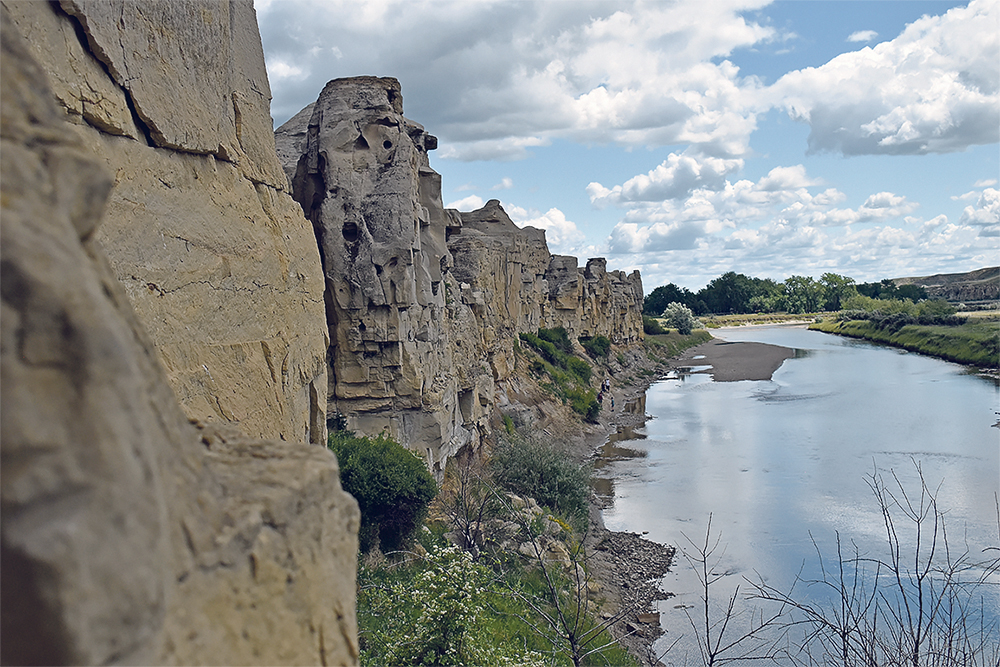The communities of Milk River and Coutts have prohibited non-essential water use after diversion structures failed
Water restrictions have been placed on residents of Milk River and Coutts, Alta., as flow of the Milk River continues to drop.
Effective July 22, the town of Milk River prohibited any non-essential water use, so watering lawns and washing cars is not allowed and bulk water sales are also prohibited.
“These restrictions are intended to ensure that all residents receive an adequate supply of water… and that sufficient reserve supplies are available should they be required for emergency fire-fighting purposes,” the town said in a news release.
Read Also

Why feds imposed EV tariffs
Moe and Kinew have a fight on their hands when it comes to eliminating the EV tariff. Canada has to worry about pissing off the U.S. and Mexico and hundreds of thousands of auto workers.
“The town is no longer able to pump enough water from the river to keep up to the demand and that is why we are taking this step to Level 2 water restrictions.”
Similar restrictions exist in the village of Coutts, which shares the same water system. The village had partially restricted water use earlier this month, putting limits on yard and garden watering, but as river water levels continue to drop, all non-essential water use is prohibited.
The Milk River is low and shrinking because the usual diversion of water into the Milk from the St. Mary River was eliminated when several diversion structures failed on the Montana side of the border this spring.
Repairs to those structures are underway but won’t be complete until late September or early October.
The low flow of the Milk has affected irrigators on both sides of the border as well as the town and village. It has also curtailed recreational activities on the river and is putting aquatic habitat in jeopardy.
















